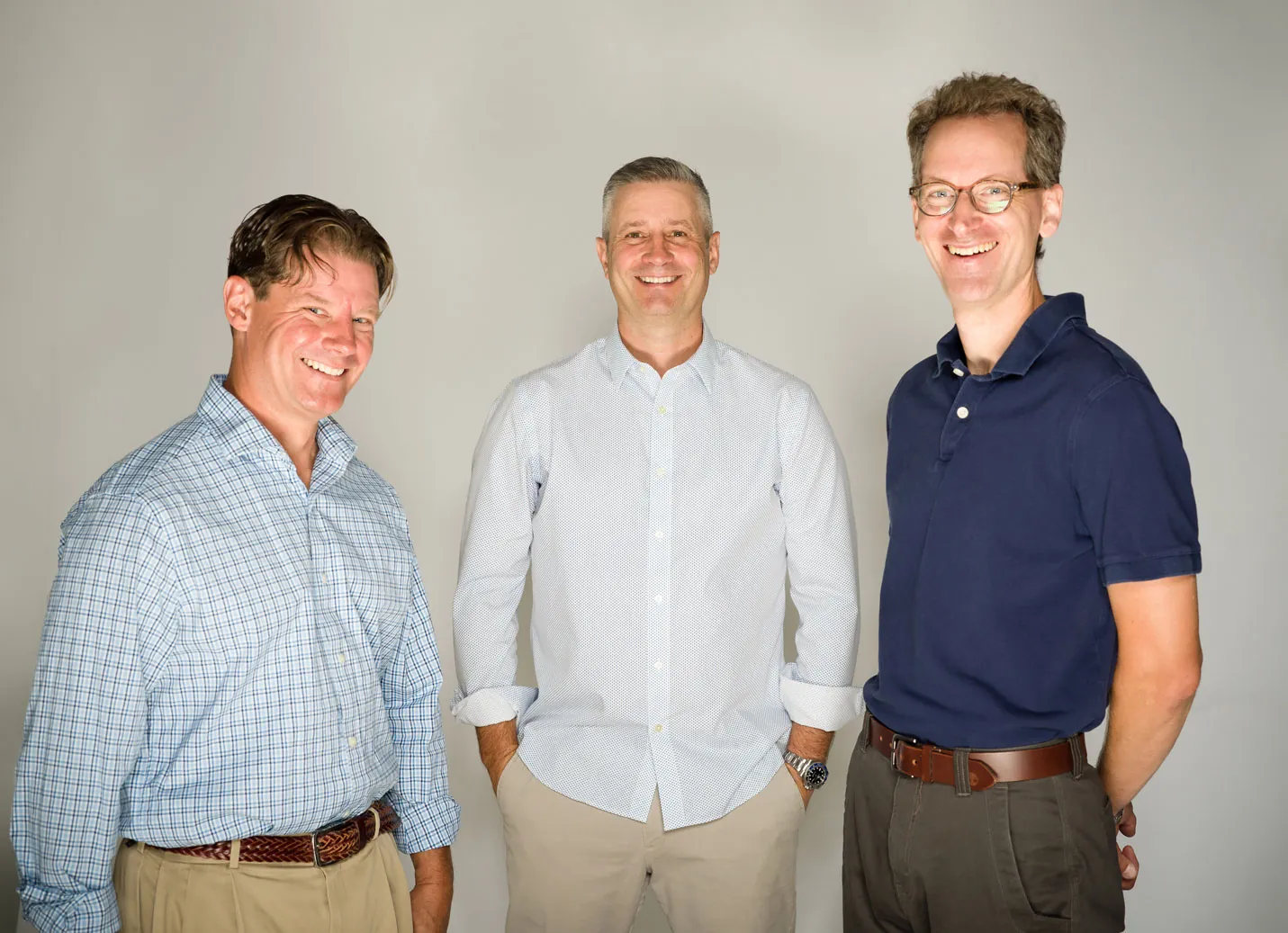Chris Sims is a partner at The Alchemy Fund, which invests in early-stage startups in New England. He’s been on both sides of the startup coin, as a founder and as an investor. He’s also an MFN advisor, and we’re happy that he’s generous enough to share his experience and tips with our community.
Video shot and edited by MFN Communications Associate Natalia Giacomozzi.
VIDEO TRANSCRIPT
I’m Chris Sims. I spent the first half of my career in Silicon Valley and started the alchemy fund a couple of years ago. This is my first foray as an investor. Now, I am investing, which means working alongside early-stage startups and helping founders.
The Alchemy Fund primarily invests in companies in New England that are at the seed stage, pre-seed stage, or what I humorously call “dirt stage.” These companies are typically outside of the bustling startup hubs like Boston and New York. The rationale behind this is that while cities like Boston and New York have well-developed startup ecosystems with strong norms and deep capital markets, talent exists everywhere. It’s like the background radiation of the universe: creativity is ever-present and always bubbling up.
Drawing a parallel to artists, when individuals express an interest in art, many might discourage them from pursuing it professionally. This is primarily due to the perceived financial and career insecurities associated with such a path. Yet, some individuals are so passionate that they follow their artistic callings despite the apparent challenges. In the same way, we find that startup founders are driven by an undeniable urge. Even when faced with reasons not to start a company, they forge ahead out of sheer passion and need.
If we consider that founders are present in every population, transcending every conceivable category, then it’s clear they emerge spontaneously. At Alchemy, although we didn’t realize it initially, our mission evolved to supporting these very individuals. Many of them are often disconnected from the primary social networks that fuel the startup communities in places like Boston or New York. Our role is to mentor them until they become noticeable from these major hubs. Ultimately, our goal is to elevate them to a point where they can compete on equal footing with startups from these cities – and not just compete, but win.



